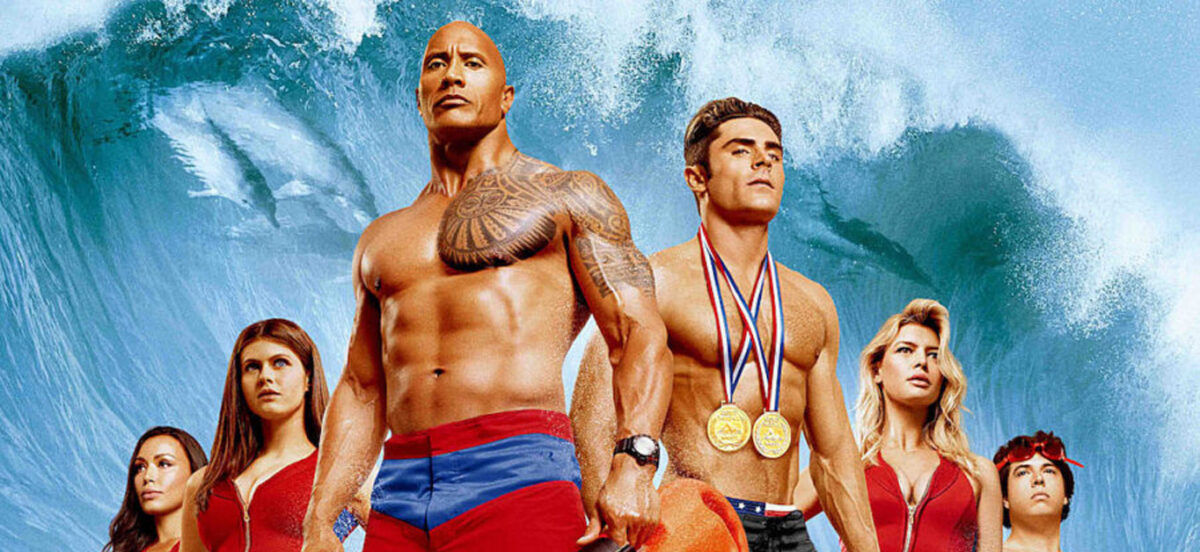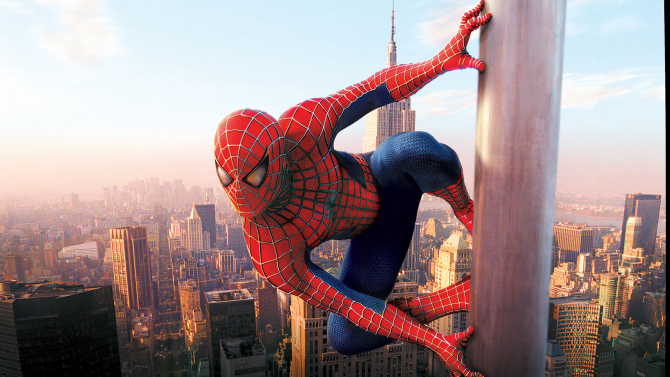“Nobody Knows Anything” William Goldman, Academy Award Winning Screenwriter
ACT 1. PAVLOV I get a phone call out of the blue, a conference call no less, with three guys telling me how great I am, raving, raving, raving about how much they like my novels, though never actually naming a single title. Which is one of the seven deadly warning signs that you are dealing with film executives.
They go on to say how sorry they are that a recent deal they tried to make with me didn’t work out. They wanted to buy all my novels so they could put south Florida on the television map in a series featuring Thorn, the sensitive-wry-macho hero of several of my novels.
They don’t mention the fact that the deal fell through because they wanted to buy Thorn, lock, stock, and gun barrel, for two dollars and thirty-nine cents.
“How can I help you?” I ask pleasantly.
“Well, since we couldn’t steal Thorn from you, we wondered if you’d be stupid enough to agree to come up with a brand-new character as close to Thorn as possible and a whole new story idea so we could steal that from you instead. All you’d have to do is take time away from your normal work and spend a few weeks writing up something that we could pitch to a TV network. All on spec, of course.
“If what you write is any good, all we can promise is that we’ll fly you out here super-economy class to go along to the pitch.”
I thought about it for a moment, years of Pavlovian training kicking in—all those fantasies about Hollywood, all those movies consumed, those ten thousand hours of television flickering before my eyes.
“Sure,” I said. “I can be that stupid.”
And we were off to the LaLa Land races.
ACT 2. MAGNUM PI I put my new novel on hold and spend three weeks creating a whole new set of characters, their backgrounds, their relationships, new locations, new dramatic tensions. I sketch out three different stories, potential pilots. The story takes place in the Keys, my fictional stomping ground. It’s set at a mom-and-pop motel with a marina.
It features a guy named Terry, a thirty-five-year-old with a haunted past who runs the motel, works on the boats, and is called on frequently by his Keys friends to solve their life-threatening difficulties. Creepy, colorful bad guys, witty, off-center dialogue. My trademarks. I call the Hollywood trio and run the idea by them, and they are ecstatic.
“Magnum PI with a dark Florida edge,” says one. “It’s hot. Very hot.”
“I know it’s a lot to ask, after all the work you’ve put in,” the second one says. “But could Terry be twenty-two instead?”
I gave it a second’s weighty consideration.
“Sure,” I say. “Why not?”
ACT 3. SALMON SALAD They fly me to Hollywood. They take me to lunch, buy me a salmon salad, introduce me to a man about my age who is to be the “show-runner.” (The guy who runs the show.) He has spent years writing and producing hit shows everybody’s heard of.
He’s made big money. Which is more than most novelists make. The showrunner raves about my work. He raves about my TV series idea. He loves the location. Florida is very hot. Florida is where it’s happening. Wait till we get down there and start shooting. What fun.
Then he proceeds to pick holes in my characters, my situations, my pilot. Brainstorming, it’s called. By the end of lunch, Terry is a different guy. Even younger, shallower, hipper, dumber. All in all, more suitable for television.
“So, do you agree?” The trio looks at me. “Well, do you?”
“Sure,” I say.
“Good. So tomorrow you’ll pitch the story idea to the top studio executive.”
“Me? Me alone?”
“Don’t worry, we’ll be there. It’s easy. You’ll do great.”
ACT 4. THE RECEPTION AREA The next morning in the lobby of the television studio, the showrunner admits he’s confused about the pilot story. Why does Terry do this? Why does Terry do that? So we reconstruct the entire story in the reception area. Ten minutes later Terry is even shallower now. Just as we finish, we’re summoned to the studio executive’s office.
ACT 5. TWENTY-THREE YEARS OLD There are four of us on my team. Together we have published fourteen novels. We have developed and produced and directed successful TV shows and several feature-length movies. Our movies and our television shows and our books are seen and read around the world.
There is one of him. He’s twenty-three. Maybe less. He’s in jeans and a T-shirt. He’s drinking sparkling water. I’m no ageist. I don’t think that if you’re older, you’re automatically wiser. No sir, I don’t think that. But come on, this kid’s twenty-three.
I pitch the show. I’ve never pitched before. I’ve seen pitches in movies that make fun of Hollywood.
Robert Altman’s acerbic The Player, for instance. I know that this studio executive is going to hear about fifty or so pitches today. But beyond that, all I know about pitches comes from Little League.
The kid is drinking water all through my pitch. He’s guzzling the stuff. He’s thirsty as hell. Apparently made even thirstier by my description of Terry and his friends and the marina and the colorful bad guys and the new pilot idea that we just created. I finish.
He smiles . “Oh, I see,” he says. “Baywatch with pistols.”
The trio is silent. Is this a good thing? Baywatch with pistols. Or is it an insult?
“Good, good,” the twenty-three year old says finally. “A blue skies show. We’re looking for that.”
“Yeah, yeah,” my team says, everyone smiling like they knew this all along and why didn’t I (the pitchman) just say that right up front. “Baywatch with pistols, cool.”
We leave.
“Fine, fine,” the trio says outside in the street. “Only next time do it quicker. Cut it in half, two minutes, three. These guys don’t have a big attention span.”
ACT 6. GREAT JOB I’m back in Florida. They’re right, Florida is hot. Very hot.
I get the call. This time it’s just one guy on the phone. “They didn’t bite.”
“Oh,” I say. “They give any reason?”
“It’s the Florida thing.”
“The Florida thing?”
“They’re doing crime and grime this season.”
“Crime and grime?”
“You know, gritty urban. Cops with a human side.”
“What happened to blue skies?”
“Florida’s out.”
“Okay, okay, how about Terry runs a mom-and-pop motel and marina in Chicago? Or hey, I’ve got it. Put Terry on the Hudson River. New York City. There you go.”
“Maybe next year,” he says. “But you did good. It was a good pitch. A little long, but good.”
“Thanks,” I say. “Thanks.”
Goldman’s right. Nobody knows anything. I know less all the time.



